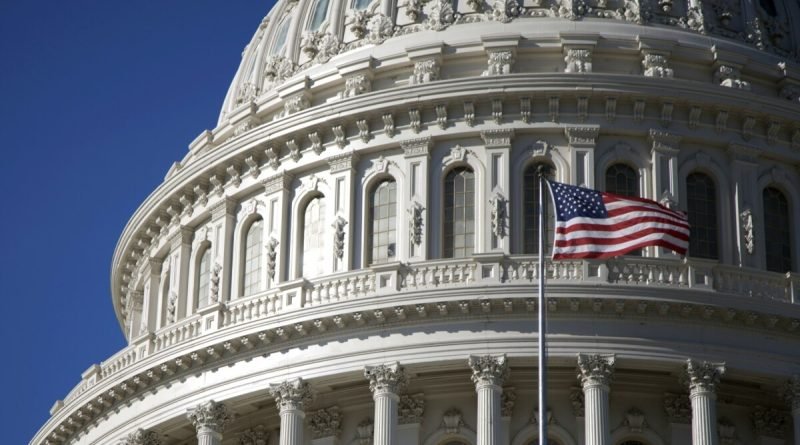43 senators refused to approve raising the debt ceiling without government spending reform
43 senators refused to approve raising the debt ceiling without government spending reform
A group of 43 Republican members of Congress said they would not agree to raise the debt ceiling unless the administration agreed to cut government spending.
“Our economy is in free fall because of unsustainable fiscal policy. The House of Representatives has taken the first responsible step by putting its proposals on the table. It is imperative that the president do the same. Therefore, we will not vote for a bill that would raise the debt ceiling without significant spending and budget reforms,” the document says.
“We have more than enough votes in the Senate to stop any debt increase bill that will not include significant spending and budget reforms,” Senator Mike Lee (Republican from Utah), who owned the initiative, wrote on Twitter.
In January, U.S. Treasury Secretary Janet Yellen notified the Congress that the Treasury Department to avoid the default began to engage emergency measures in connection with achieving the debt ceiling, set now at $ 31.4 trillion. It is about the rejection of several categories of budget spending, which can be postponed to a later date. The secretary urged the Congress to act “without delay” in terms of agreeing to raise the debt ceiling of the United States or suspend it. According to the head of the Treasury, it is necessary so as not to undermine confidence in the United States and its creditworthiness.
The statutory ceiling, which was first enacted by Congress in 1917, prevents the U.S. Treasury from issuing new government bonds to finance government operations after a certain level of national debt or a certain date has been reached. Exceeding the limit means that the federal government’s ability to make many routine budget payments, including paying for various social expenditures, is at risk. Moreover, the government’s ability to pay debts and interest on obligations already incurred could be seriously undermined.
The Republican Party, which now controls the House of Representatives, has traditionally been skeptical of raising the national debt limit and favors cutting government spending.
You may be interested: Texas mall shooting kills eight people
